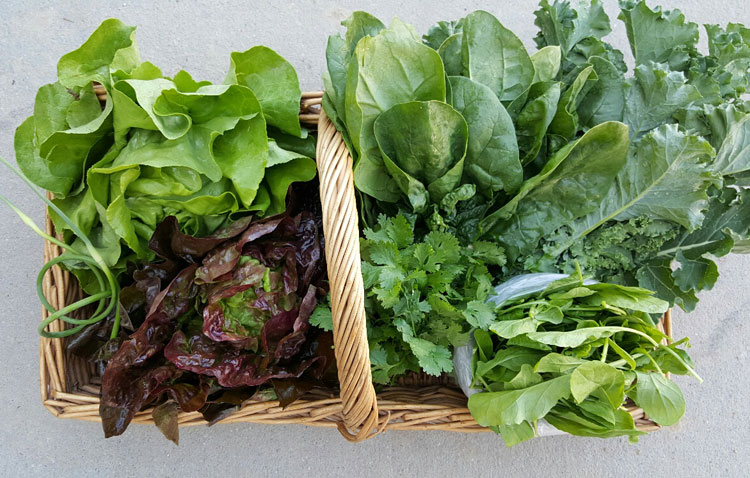Article Source: The Globe & Mail
Fruits and vegetables have been the focus of many studies investigating the role of diet in cognitive function. Yet research has turned up inconsistent results, likely due to small sample sizes and study durations that were too short to find a protective effect.
Now, a large study spanning two decades has linked eating plenty of fruits and vegetables from middle to late adulthood to significant protection from memory loss. And certain fruits and vegetables were found to be especially protective.
The study, published last month in the journal Neurology, followed 27,842 male health professionals (dentists, optometrists, pharmacists, podiatrists and veterinarians) for 18 to 22 years. The researchers tracked participants’ diets every four years and assessed their subjective cognitive function (SCF) twice during the study.
SCF – scored good, moderate or poor – is assessed using a self-reported questionnaire that measures changes in memory and cognition. It’s thought to capture the earliest signs of cognitive decline.
The Findings
Total vegetable intake (more than five daily servings versus less than two), total fruit intake (three daily servings versus 0.5) and fruit juice intake (daily consumption versus less than once a month) were each associated with a significantly lower risk of moderate and poor SCF.
The link became even stronger after accounting for other risk factors such as body weight, physical activity, heavy smoking, high blood pressure, high cholesterol and depression.
When researchers looked at specific categories of produce they found that leafy green vegetables (e.g. spinach, kale, lettuce) and berries provided significant protection against cognitive decline.
Tomatoes (especially tomato sauce), brussels sprouts, bell peppers and cantaloupe were also tied to a lower risk of moderate and poor SCF.
The protective effect of fruit juice was attributed to orange juice; participants who drank it daily were 47 per cent less likely to have a poor SCF score than those who drank orange juice less than once a month.
It’s thought that antioxidant nutrients and other phytochemicals in vegetables and fruit help keep your brain healthy as you age. Leafy green vegetables, tomatoes and orange juice, for instance, are excellent sources of carotenoids, compounds that help shield brain cells from free-radical damage.
Read the full article here: https://www.theglobeandmail.com/life/health-and-fitness/article-your-brain-is-what-you-eat/


